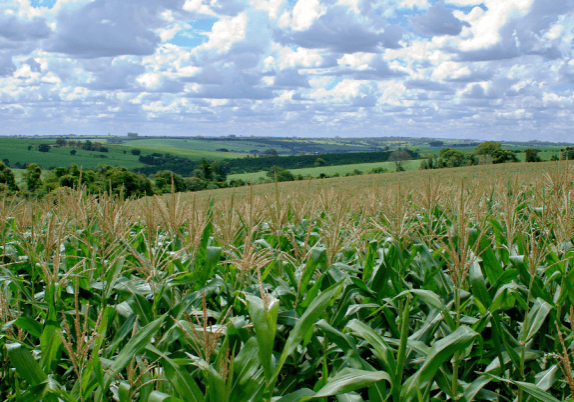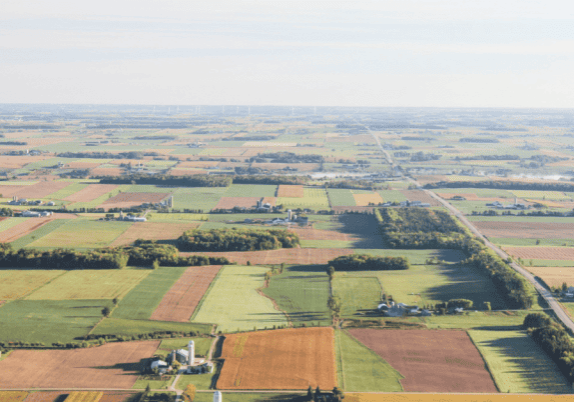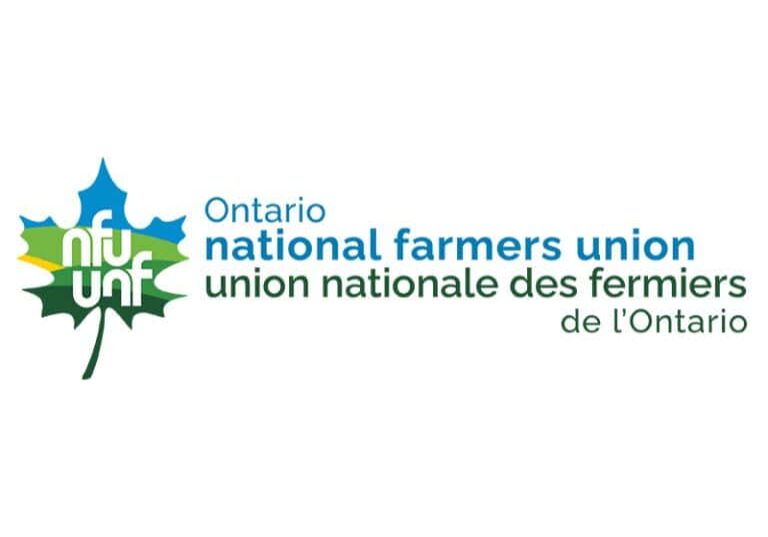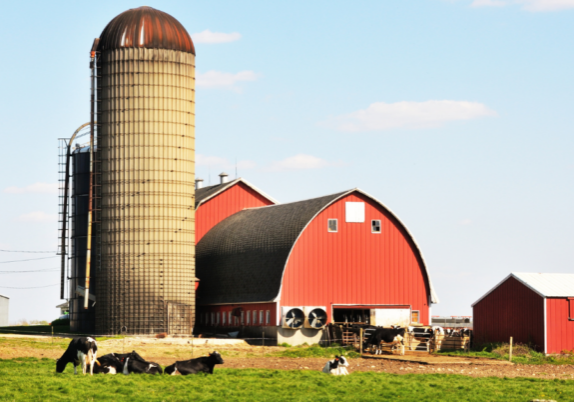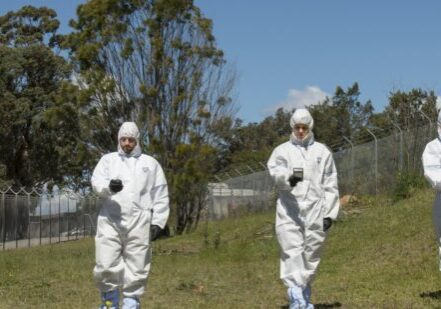Letter to Durham Region Leadership Urging Against Urban Boundary Expansion
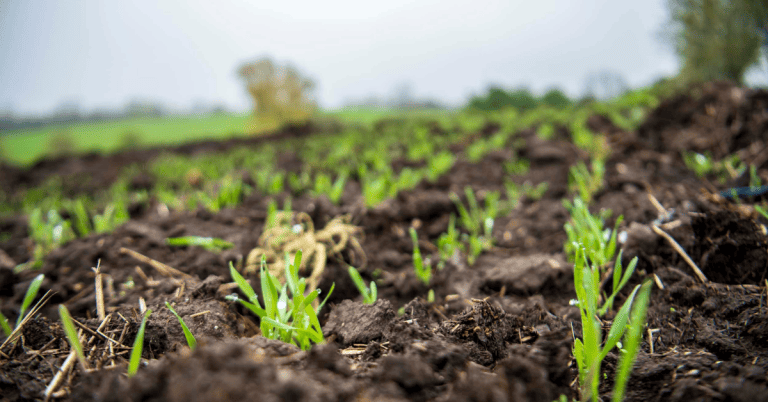
To Durham Region Leadership,
The National Farmers Union – Ontario (NFU-O) urges the Regional Municipality of Durham Council at its special meeting on May 17th to abandon the expansion of its urban boundaries as part of its proposed Envision Durham, Regional Official Plan (ROP).
The NFU-O is an accredited farm organization in the province of Ontario. NFU-O policy calls on all levels of government to enact and follow transparent, rational planning guidelines, regulations and bylaws to ensure fairness to all citizens, to protect farmland and ecologically sensitive areas from development, and to prevent the further privatization of public lands.
Durham Regional Council’s 2022 approval to convert approximately 9,000 acres of greenfield and Class 1 to 3 prime agricultural lands into low- and medium- density suburban development projects—under what has become known as the Building Industry and Land Development (BILD) Scenario 2a—runs counter to the actual sustainable vision of Durham’s proposed ROP. Developing on these lands will make it impossible for Durham to meet its sustainability goals and its laudable aim to hit net-zero greenhouse gas (GHG) emissions by 2050.
We agree with Stop Sprawl Durham that BILD Scenario 2a will prove costly for taxpayers as it will be expensive to build and maintain infrastructure (from sewage to transit networks) far from pre-existing urban areas. The loss of agricultural land, clean watersheds, forest cover, wetlands, natural habitats, wildlife, and open space will have a negative on public health and endangered and threatened species. Paving over Durham farmland is short-sighted and will have disastrous consequences for residents and will contribute to the destruction of the region’s remaining natural areas.
The NFU-O is particularly concerned that the sustainable agriculture values that underpin the Envision Durham ROP are being undermined by the plans to expand urban boundaries for development.
Envision Durham correctly acknowledges that class 1 to 3 prime agricultural lands are “a finite, non renewable resource.” The ROP’s supposed central objectives are to protect farmland to ensure “communities are more resilient to the impacts of a changing climate” and to design policies and make decisions that “enhance the long-term viability and productivity of agriculture for future generations.”
However, by opening up 9,000 acres of greenfield and farmland to development, BILD Scenario 2a directly contravenes Council’s policy to:
– Protect prime agricultural areas for long-term agriculture use and prevent further
fragmentation and loss of the agricultural land base;
– Encourage an Agricultural System approach to enhance the geographic continuity
of the agricultural land base; and
– Avoid the encroachment of non-agricultural land uses into prime agricultural areas.
Rather than “promot[ing] opportunities to support a thriving agricultural industry and a diversified rural economy” as espoused in Envision Durham, expanding Durham Region’s urban boundaries will have the effect of taking agricultural land permanently out of circulation and driving up land prices for new and young farmers. A local food system policy cannot exist without recognizing the risk of lack of access to prime farmland areas. We encourage Durham Regional Council to add to Envision Durham specific policy that makes access to farmland for new entrant farmers a priority. If Durham Regional Council cares about the local food systems and future sustainability—and it should—it must examine and implement tools that can incentivize affordable mid- to long-term leases for new and young farmers and develop policies that encourage farmers to advance carbon sequestration through well-managed soil and crops.
An actual ‘Agricultural System approach” would make contiguous Greenbelt farmland with the current “whitebelt” within Rouge National Urban Park, Duffins Rouge Agricultural Preserve, and the 9,000 acres of farmland slated for development.
Finally, the NFU-O has to ask: do Durham Regional Councillors really believe that paving over finite, irreplaceable farmland is necessary to support the demand for affordable housing? A recent report by Kevin Eby, RPP, PLE provides compelling evidence that there is plenty of land within upper- and single-tier municipalities within the Greater Golden Horseshoe to support an increase in housing unit capacity.
It is not too late to envision a Durham that protects the proposed 9,000 acres of farmland slated for development while still incentivizing affordable housing developments within existing urban boundaries and close to pre-existing services and infrastructure. It is possible to champion both affordable housing and sustainable local agriculture. Local members of the NFU-O will be happy to work with you towards these ends.
Sincerely,
Elizabeth Stocking,
President, Local 345
Max Hansgen,
President, National Farmers Union – Ontario
